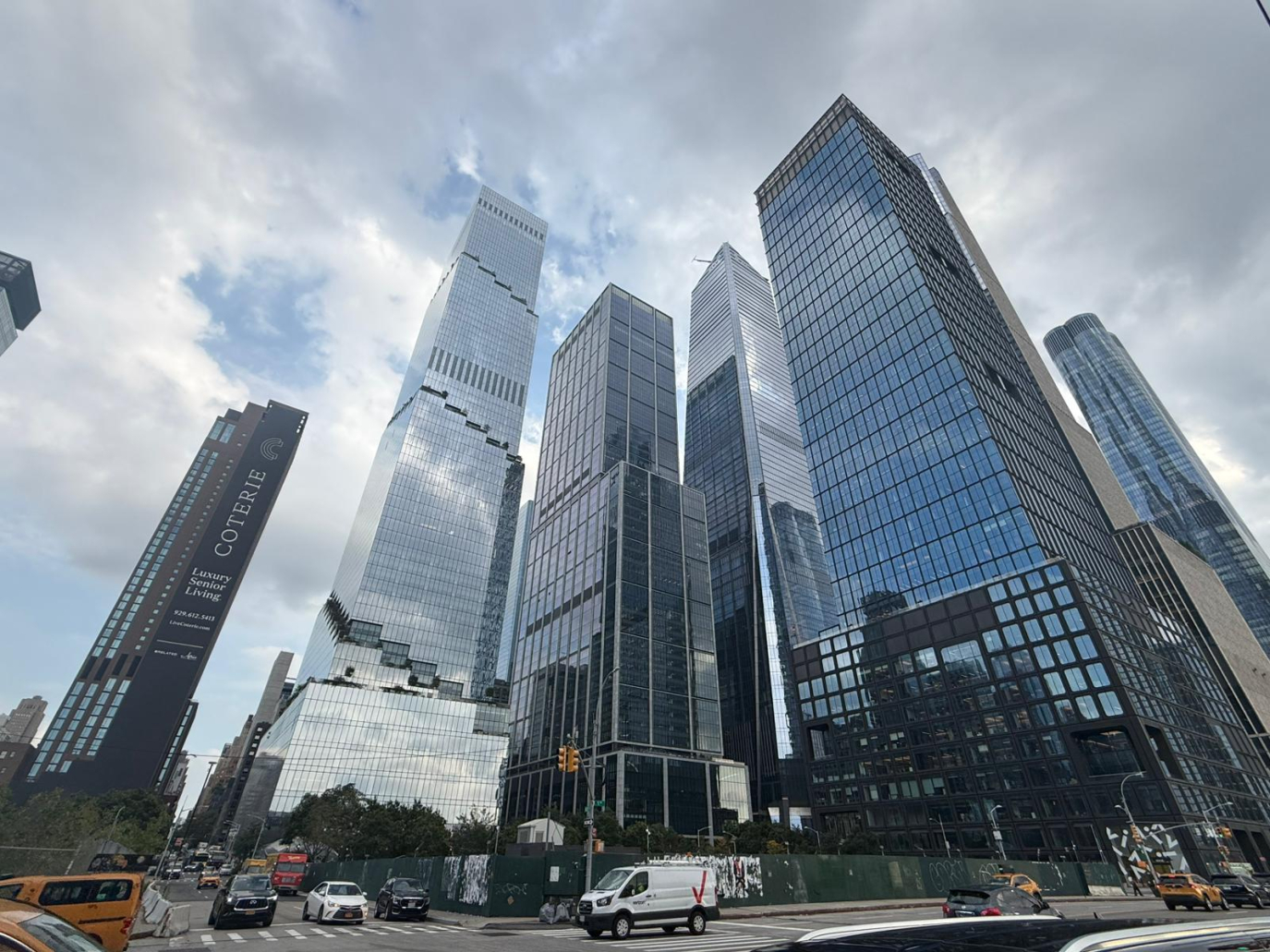
This article is also available in Italian / Questo articolo è disponibile anche in italiano
The announcement almost went unnoticed, during a side meeting of the UN General Assembly in New York. While the press was busy with Donald Trump's delirious rant, during the September 23 meeting devoted to the Global Development Initiative (GDI), Chinese Premier Li Qiang included a brief but memorable sentence in his conciliatory speech on international cooperation and low-carbon development: “As a responsible major developing country, China will not seek new special and differential treatment in current and future World Trade Organisation negotiations.”
This is a historical step. Since its entry into the WTO in 2001, China has always been accused – particularly by the United States, but also by the EU – of not playing by the rules and taking advantage of its status as a “developing country” to unfairly compete with other nations, through exemptions and less stringent obligations on opening its domestic market to imports. Now, in the midst of the tariff war unleashed by Trump, the step-back announced by Li Qiang opens up new prospects for the reform of an international organisation that has long since lost its effectiveness and authority.
A responsible country's waiver
WTO Director Ngozi Okonjo-Iweala stated on her X account that Li Qiang's announcement “is the culmination of many years of hard work, and I want to applaud China's leadership on this issue!”
Indeed, despite the Chinese PM's “concession” appearing somewhat unexpected, the groundwork had been laid for months, and it is possible that the issue was also discussed in Madrid during the latest summit on trade agreements between China and the US.
Belinda Schäpe, expert on Chinese climate policy and analyst at the Centre for Research on Energy and Clean Air (CREA) in London, believes this to be the case. But in addition to international pressure, Schäpe says, “this is definitely a good time to once again position China as a responsible power in contrast to the United States, especially after Trump's speech at the UN.”
After the WTO, will China also change stance in climate negotiations?
The question that follows is whether this change in position within the WTO will be matched in the near future by a change in China's climate commitments.
Relying on its status as a developing country, the People's Republic has so far leveraged the “principle of common but differentiated responsibilities” to tackle the energy transition and climate targets on its own terms and at its own pace. It must be said, however, that China's transition is proceeding rapidly and at a pace that most developed countries cannot even dream of.
However, the fact that China falls outside the group of so-called “Annex 1” countries (countries classified in the Kyoto Protocol as developed and therefore required to meet certain emission reduction targets) allows it to look the other way when, for example, a stringent coal phase-out target is requested.
Belinda Schäpe is rather sceptical that the change of pace at the WTO implies an imminent renunciation of China's comfortable status as a developing country. “We need to pay close attention to the nuances,” she explains. “Li Qiang only said that China will no longer request special and differentiated treatment within the WTO, but this does not imply that it is renouncing its status as a developing country. In practice, it is a matter of self-limiting the advantages it receives.”
In any case, the direction points towards taking on greater responsibility. “After all,” adds Schäpe, “China, unlike other developing countries, has not received climate mitigation funding for years. While it has committed to providing climate finance, it has always been on its own terms and not through official channels. In short, it wants to present itself as a responsible superpower, while firmly maintaining its status as a developing country and even proposing itself as the leading voice of the Global South.”
Now, with its new position in the WTO on the one hand and the upcoming announcement of climate targets on the other, Xi Jinping's China is laying down a new set of cards, which could potentially lead to a re-founding of international trade relations (as Brazilian President Lula hopes) and a new impetus for climate action. All this despite Trump.
Cover: Emanuele Bompan



